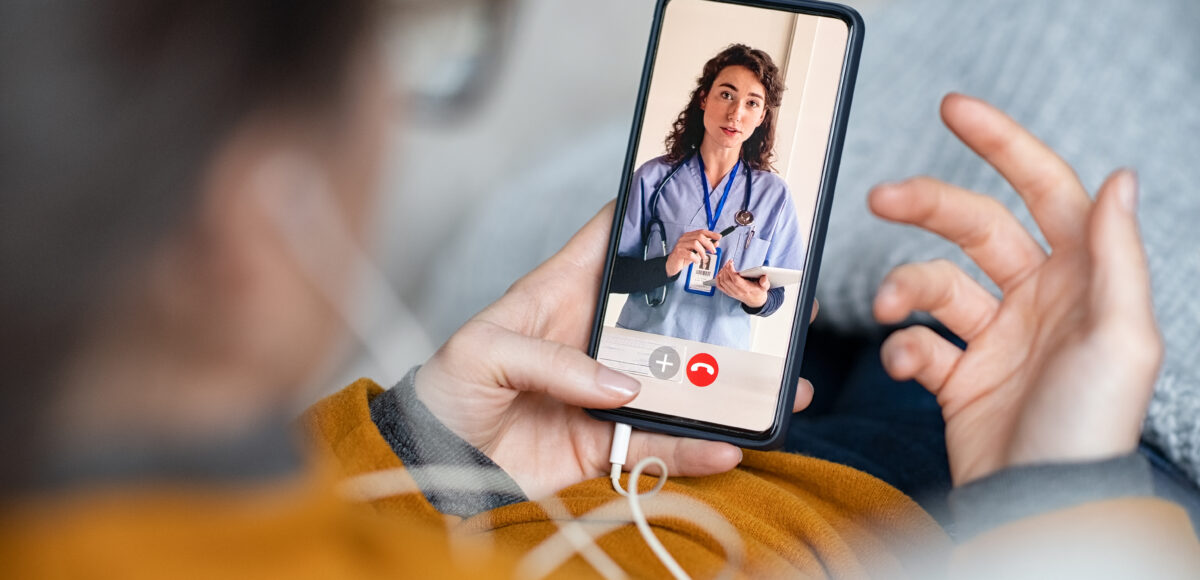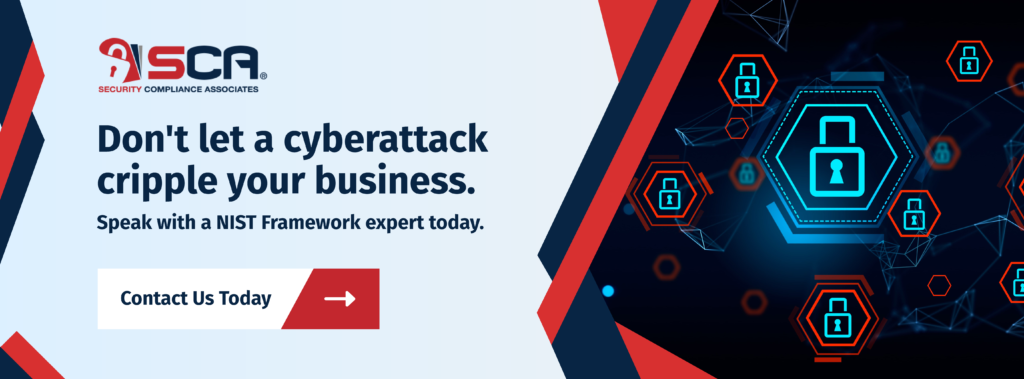
- March 7, 2023
- Brian Fischer
- 1137 Views
- 0 Likes
- Blog, Compliance, HITRUST
Endpoint Security: Keeping Telemedicine HIPAA Compliant
Telemedicine is a great way to provide care for patients who live in remote areas or have difficulty getting to a doctor’s office. But in order to keep telemedicine HIPAA compliant, you need to take some precautions, especially when it comes to security for sensitive endpoint data.
What is Telehealth?
Telehealth uses technology to provide healthcare services from a distance. This can include phone consultations, e-mail support, and remote patient monitoring. There are a few ways to engage in telehealthcare:
- Talking to a healthcare provider live over the phone or via video chat;
- Sending and receiving messages from your healthcare provider using secure messaging, email, and file exchange;
- Using remote monitoring so your healthcare provider can check on you at home.
These are just a few examples of what telehealth is comprised of. Of course, telehealth involves patients and doctors connecting over networks, which may or may not be secure. Given the nature of the sensitivity of healthcare information, it is no surprise that the federal government has set some rules regarding how such sensitive information can be transmitted and stored, especially when endpoints are not hosted on secure hospital networks with private servers.
What is HIPAA Compliance?
HIPAA is all about privacy. The U.S. Department of Health and Human Services (“HHS”) issued the Privacy Rule to implement the requirement of the Health Insurance Portability and Accountability Act of 1996 (“HIPAA”). Any organization that deals with protected health information (PHI) must adhere to these regulations, which include requirements for data security, access control, and breach notification. HIPAA compliance can be a complex process, but it is essential for protecting the privacy of patients and their sensitive data.
How Does HIPAA Apply to Telehealth?
Telehealth is a growing field where healthcare providers deliver care remotely, often using video conferencing technology. Because telehealth involves transmitting PHI across networks, it is subject to HIPAA regulations. Providers who offer telehealth services must take steps to ensure the privacy and security of patients’ data. They must also comply with requirements for disclosure and authentication.

Endpoint Security Protection for Telehealth Service Providers
HIPAA rules allow health care providers and health plans to use remote communication technologies to provide telehealth services as long as they are compliant with the requirements that sensitive medical data and patient information remains private. There are a variety of endpoint protection software and service providers that can help medical service providers ensure they are HIPAA compliant.
Telehealth endpoint security basics
In telehealth, endpoint devices span an extremely wide range of tools, from Fitbit or smartwatches to sophisticated medical devices. While managing endpoints for a normal business operation (think smartphones, tablets, laptops, and desktop computers), protecting sensitive medical data collected from digital scopes and wearable monitors is even more complicated. To remain HIPAA compliant, however, medical service providers must show that they have systems in place to protect patients’ sensitive data and a plan to manage and respond to a breach.
Remote Patient Monitoring and Telehealth Devices
Some of the devices that could be cause for specific attention to ensure HIPAA compliance and telehealth operations include:
- Wearable EKG/ECGs
- Blood Pressure Monitor
- Blood Glucose Monitors
- Biosensors
- Fitbits and Smartwatches
All of these devices are susceptible to cyberattacks, and especially in the context of a large hospital or insurance company, just a single biosensor malware infection can put all patients and employees at risk. A single hacker could take down the entire network, steal data, and potentially risk lives if telehealth endpoints are compromised. HIPAA is about security, and healthcare providers need to remain compliant. Still, at the end of the day, HIPAA serves a larger cause, which is to protect service providers and patients from harm.
HITRUST Certification and HIPAA Compliance
Healthcare regulations are constantly changing, as is the cybersecurity threat landscape. That is why HITRUST created a dedicated CSF framework, platform, and assessments that all work together to help healthcare organizations show their HIPAA compliance efforts and successes. HITRUST’s MyCSF Compliance and Reporting Pack for HIPAA generates a HIPAA-specific reporting to help organizations streamline how they capture and present HIPAA compliance data.
When used in conjunction with a team of experts familiar with the HITRUST frameworks, organizations can save hours of work collecting and analyzing documentation. HITRUST’s MyCSF provides your organization with reports to present to the Office for Civil Rights (OCR) as/if needed, and to other stakeholders who require evidence of compliance.
SCA is an authorized HITRUST External Assessor, and we have ample experience helping healthcare professionals ensure their HIPAA compliance, even in the face of telehealth. The multiplication of a new breed of network endpoints in the form of medical devices operating remotely on insecure servers presents a challenge. Still, it is something that, with a dedicated cybersecurity team, a plan, and ongoing testing, can be mitigated to meet operational requirements.
While HITRUST is considered the gold seal for security, privacy, compliance and risk management, it may not be the right choice for all. SCA will work with you to help determine the best path for elevating your HIPAA security and privacy programs.
Read about how SCA helped Tampa General Hospital get its HITRUST certification to strengthen its cybersecurity posture.


